The Institute of Political Studies “Sami Frashëri” (ISP), in collaboration with the Center for Advanced Studies, successfully organized the second meeting of the Balkans 2030 series, titled “Balkans in the EU and NATO: Peace in Europe,” held in Sarajevo on June 9, 2022. This conference brought together professionals from academia, civil society, diplomacy, and politics from six Balkan countries to discuss the impact of Russia’s aggression against Ukraine on Western Balkans security and the region’s future in the European Union (EU) and North Atlantic Treaty Organization (NATO).
Conference Objectives
The primary aim was to explore the implications of external geopolitical tensions on the Balkans and to assess regional cooperation initiatives and the advancement of Balkan countries’ EU and NATO membership processes as essential mechanisms for ensuring stability and security in the region.
Key Discussions and Findings
- Impact of Russia’s Aggression Against Ukraine: The conference opened with a focus on the immediate and potential long-term effects of Russia’s actions on the geopolitical landscape of the Western Balkans.
- Open Balkans Initiative: A significant conclusion from the first day was the identification of the Open Balkans initiative as a potential loophole for Russia to circumvent sanctions imposed by the US and EU through Serbia’s economic and political ties with the Moscow-led Eurasian Economic Union.
- Regional Cooperation and Membership Processes: Discussions emphasized the importance of enhancing regional cooperation and accelerating the EU and NATO membership processes for Balkan countries as a pathway to ensuring regional stability and security.
Participation and Contributions
The conference featured esteemed international figures in diplomacy and security, facilitating an insightful exchange on the future security landscape of the Balkans. Over the course of two days, participants engaged in robust discussions, leveraging diverse perspectives to address complex security threats, particularly in light of Russia’s unprovoked aggression against Ukraine.
Conclusions and Recommendations
- Strengthening Regional Initiatives: The conference underscored the need for stronger regional initiatives that align with EU and NATO standards, promoting peace, stability, and security in the Balkans.
- Mitigating External Influences: Participants recommended concerted efforts to mitigate the potential for external geopolitical influences to destabilize the region, particularly through economic and political channels.
- Enhancing EU and NATO Integration: A consensus emerged on the critical importance of accelerating the integration of Balkan countries into the EU and NATO as a cornerstone for regional peace and stability.
Future Directions
“Balkans in the EU and NATO: Peace in Europe” has set the stage for ongoing dialogue and collaboration among Balkan states, EU and NATO bodies, and international partners. The Institute of Political Studies “Sami Frashëri” and the Center for Advanced Studies are committed to facilitating future conferences and initiatives under the Balkans 2030 series, aiming to contribute to the realization of a stable, secure, and integrated Balkan region.
Acknowledgments
The organizers express their gratitude to all participants, speakers, and partners for their valuable contributions to the conference’s success. Special thanks are extended to the local and international bodies that supported this initiative, underscoring the collaborative spirit that defines the Balkans 2030 series.


 Share on WhatsApp
Share on WhatsApp
 Share on Facebook
Share on Facebook

